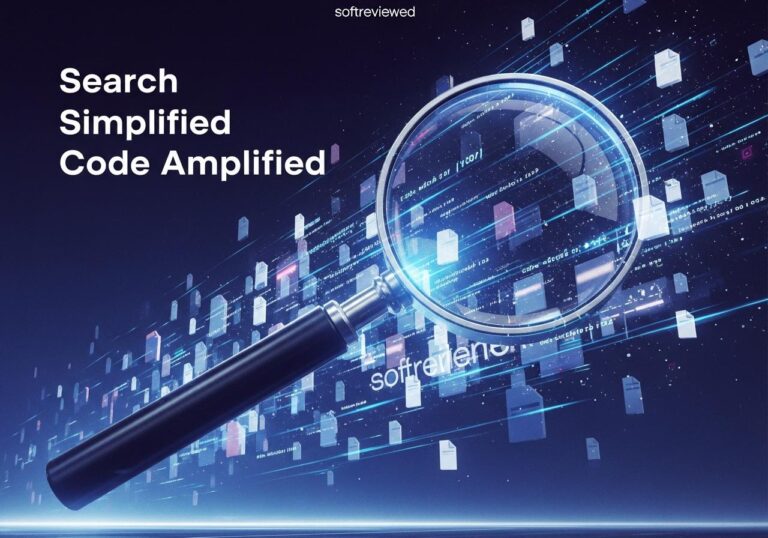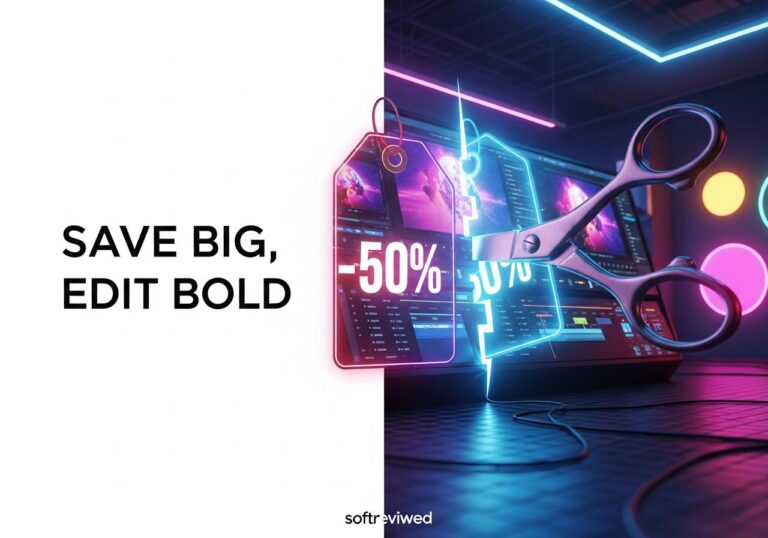Hollywood vs. AI: The Copyright Showdown
Major studios take legal action against AI-generated content that mimics their intellectual property
⚖️ Major Hollywood Studios Enter AI Copyright Battles
Disney and Universal have filed lawsuits against Midjourney, marking the first legal action by major media giants against AI-generated image systems. This represents a significant escalation in the ongoing debate about AI and copyright protection.
🎯 Infringement Focus: AI Outputs, Not Training Data
Unlike some previous AI lawsuits, these complaints specifically target images created by Midjourney (such as Star Wars characters and other iconic properties), rather than focusing on the AI’s training process. The issue is reproduction, not learning.
📄 Conclusive Evidence of Copyright Violations
The 110-page lawsuit includes dozens of allegedly infringing images, providing substantial documentation of the system’s capabilities to reproduce and redistribute protected material without authorization.
📜 Legal Precedent Alert
These lawsuits follow existing legal actions by visual artists against AI companies, but the involvement of major studios significantly raises the stakes and could establish important precedents for AI copyright compliance.
🤔 Ethical and Practical Implications
The cases raise fundamental questions about whether AI systems can ethically reproduce protected intellectual property through prompt engineering, and what constitutes fair use in the age of generative AI.
♟️ Strategic Move to Preserve IP Control
Media companies are aiming to establish legal boundaries while simultaneously exploring generative AI for their own use, highlighting the delicate balance between protecting existing IP and embracing new technologies.
Hollywood vs. The Machine: Disney, Netflix, and Universal Launch Landmark Lawsuit Against Midjourney
The moment the tech and entertainment worlds have been speculating about is here. The long-simmering tension between generative AI and established intellectual property holders has erupted into a full-blown legal war. In a move that could redefine the future of artificial intelligence, a coalition of Hollywood’s most powerful studios—including Disney, Netflix, and Universal—has filed a landmark copyright infringement lawsuit against the popular AI image generator, Midjourney.
This isn’t just another legal skirmish; it’s a potential earthquake for the booming generative AI industry. The lawsuit strikes at the very core of how AI models are built and what they are used for. The plaintiffs allege that Midjourney’s service is little more than a high-tech tool for mass plagiarism, enabling users to create unauthorized works based on their most famous and valuable characters, from Mickey Mouse to figures from Stranger Things.
This article dives into the explosive details of this new lawsuit, explores why it’s so different from previous legal challenges, and analyzes the profound implications it holds for the future of creativity and technology.
The Lawsuit We All Saw Coming Is Finally Here
For years, users have prompted AI tools to create images “in the style of Disney” or to depict copyrighted characters in new scenarios. All the while, legal experts have been asking not if, but when the owners of this valuable IP would fight back. That time is now.
Who’s in the Plaintiff’s Corner? A Roster of Media Giants
This lawsuit is a clear signal that the entertainment industry is unified in its stance. The list of plaintiffs reads like a who’s who of modern media:
- 📌 Disney Enterprises
- 📌 Universal City Studios
- 📌 Netflix Studios
- 📌 Columbia Pictures
- 📌 Paramount Pictures
- 📌 Warner Bros. Discovery
This collective action demonstrates a shared belief that Midjourney’s technology poses a direct and existential threat to their business models, which are built on the creation and protection of unique, recognizable characters and worlds.
The Core Allegation: An AI Built on “Staggering” Infringement
The lawsuit’s language is anything but subtle. The studios accuse Midjourney of building a business based on “staggering” copyright infringement. They claim the AI tool was trained on a massive trove of their copyrighted images without permission and now functions as a “bottomless pit of plagiarism.”
The central argument is that Midjourney facilitates the creation of infringing derivative works on an unprecedented scale. By allowing any user with a subscription to generate a high-quality image of, say, Captain Jack Sparrow or a character from Bridgerton, the studios argue Midjourney is directly contributing to and profiting from copyright violation. The complaint, as reported by The Verge in its coverage of the lawsuit, highlights how Midjourney allows for the direct exploitation of their most valuable assets.
From “In the Style Of” to Stolen Likeness
While earlier debates focused on whether an AI could copy an artist’s style, this lawsuit is far more direct. It’s about the unauthorized reproduction of specific, protected characters and imagery.
Why Recreating Shrek and Spider-Man Is a Massive Legal Problem
Copyright law is much clearer when it comes to specific character expressions than it is about abstract styles. You can’t copyright the “style” of cubism, but you absolutely can copyright the character of Spider-Man.
The studios allege that Midjourney’s ability to create near-perfect replicas and variations of their characters is not an accident—it’s a feature. They argue the AI was intentionally trained on their work to achieve this result. This makes the legal argument much sharper: it’s not about inspiration; it’s about replication.
Brand Dilution: The Billion-Dollar Fear Driving the Lawsuit
For companies like Disney and Netflix, brand integrity is everything. Their characters are global assets worth billions. The lawsuit is driven by a deep-seated fear of brand dilution:
- Marketplace Confusion: If anyone can generate and use images of their characters, it becomes difficult to control the official narrative and product lines.
- Loss of Scarcity and Value: The ability to instantly generate infinite variations of a character could devalue the original, painstakingly created work.
- Unauthorized Use: The risk of these AI-generated images being used for misinformation, pornography, or other content that damages the family-friendly reputation of their brands is a significant concern.
Not the First Legal Battle, But By Far the Biggest
While the Disney-led lawsuit is grabbing headlines, it’s important to see it as an escalation of a fight that began with individual artists.
A Quick Look at the Artists’ Lawsuit That Paved the Way
In 2023, a group of artists (including Sarah Andersen, Kelly McKernan, and Karla Ortiz) filed a class-action lawsuit against Midjourney, Stability AI, and DeviantArt. Their case centered on the argument that their art was scraped from the internet without consent to train the very AI models that now threaten their livelihoods. This ongoing case cracked open the legal debate and established the initial arguments around “fair use” and AI training data.
How the Studios’ Case Differs from the Artists’
While the two lawsuits share common ground, they have crucial differences that make the studios’ case particularly powerful.
| Feature | The Artists’ Lawsuit (Andersen et al.) | The Studios’ Lawsuit (Disney et al.) |
|---|---|---|
| Plaintiffs | Individual artists and a proposed class of creators. | A coalition of multi-billion dollar media corporations. |
| Core Argument | Focused on unauthorized use of art in training data and the copying of artistic styles. | Focused on the output of the AI—the direct infringement of famous, trademarked characters. |
| Legal Strength | Tests novel legal questions about copyrighting a “style.” | Relies on more established principles of character copyright and trademark law. |
| Financial Stakes | Represents the livelihoods of individual creators. | Represents billions of dollars in established intellectual property value. |
The studios have deeper pockets and are fighting on more solid legal ground, making this a much more dangerous fight for Midjourney.
The High-Stakes Legal Chess Match: Fair Use or Foul Play?
Midjourney and its supporters will almost certainly fall back on the “fair use” doctrine as a defense, arguing that the AI’s use of copyrighted material is transformative.
Midjourney’s Likely Defense and Its Uphill Battle
The fair use argument contends that the AI is not simply copying images but is “learning” from them to create something new, much like a human artist studies other works. However, this defense may crumble when faced with the evidence presented by the studios. It’s one thing to argue an AI learned a “painterly style”; it’s much harder to argue it’s “transformative” when the output is unmistakably Shrek standing in Times Square.
Can an AI Infringe on Copyright?
This is the multi-billion dollar question at the heart of the case. The law was written for human actors. The lawsuit will force courts to decide how to apply these old rules to new, non-human creators. The studios are arguing that Midjourney, as the provider of the tool, is directly and vicariously liable for the infringements its service produces. A victory for them would set a powerful precedent that AI companies are responsible for the outputs of their models.
The Ripple Effect: What This Lawsuit Means for the Entire AI Industry
Regardless of the verdict, the shockwaves from this lawsuit will be felt across Silicon Valley and beyond.
A Potential “Chilling Effect” on AI Innovation
A ruling in favor of the studios could have a massive “chilling effect” on the generative AI space.
- ⛔️ Increased Legal Risk: AI startups without massive legal budgets may become too risk-averse to innovate, fearing similar lawsuits.
- ⛔️ Data Scarcity: If scraping public web data is deemed illegal, training powerful new models could become prohibitively expensive or impossible.
The Inevitable Dawn of the Licensed AI Era?
This lawsuit dramatically strengthens the case for ethically sourced, licensed AI models.
- ✅ The Rise of “Clean” AI: Companies like Adobe, which trained its Firefly AI on its own licensed stock library, will likely be seen as the “safe” alternative for commercial use.
- ✅ New Licensing Markets: This could spur the creation of new markets where artists and companies can license their content for AI training, creating a new revenue stream and a path to legal compliance.
Beyond the Courtroom: A Reckoning for Generative AI
This lawsuit is more than a dispute over intellectual property. It’s a societal reckoning with a technology that has outpaced our laws and ethics. It forces us to confront fundamental questions about ownership, creativity, and the value of human artistry in an increasingly automated world.
The battle lines have been drawn. On one side, the creators of some of the most beloved cultural icons in history. On the other, the creators of a revolutionary technology that can reimagine those icons in an instant. The outcome will not only determine the fate of Midjourney but will also erect the legal and ethical guardrails for the entire field of artificial intelligence for years to come. The machine is now on trial, and Hollywood is leading the prosecution.







